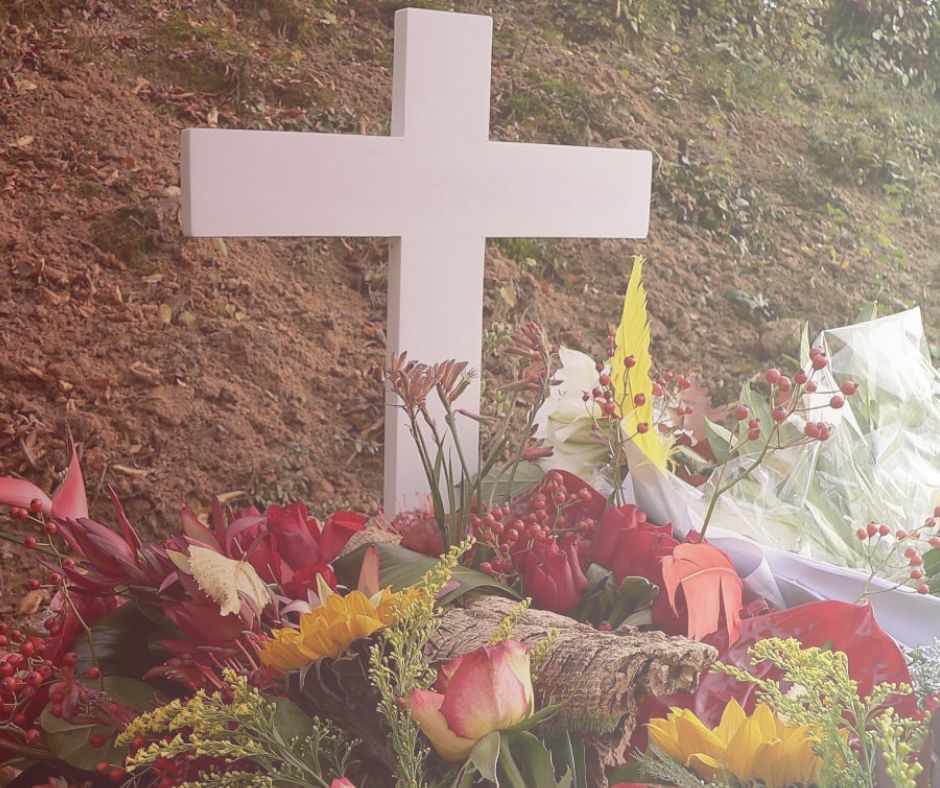
The loss of a loved one is very tragic, especially when it was preventable. When a family member dies from another party’s negligence, the pain is compounded by a sense of injustice. While no amount of money will bring a loved one back, pursuing a wrongful death lawsuit can at least bring some justice. Learning what constitutes wrongful death in Indiana is important as it can help you better understand how to build a successful case.
Read on to learn more about what is considered a wrongful death and what you need to prove liability against one or more other parties. When you hire a lawyer at Gerling Law, we’ll be there every step of the way and help you understand the nuances of pursuing a claim.
What Constitutes a Wrongful Death Claim in Indiana?
Under Indiana law, wrongful death is defined as a fatality caused by the conduct, whether action or inaction, of another party. To constitute a wrongful death, it must result from negligence, occupational hazard, medical malpractice, or an intentional act.
Responsible parties can be people or entities. Certain surviving family members can seek compensation for their losses, similar to other types of personal injury lawsuits. One significant difference with a wrongful death case is the damages focus on the surviving family’s losses rather than solely on the deceased’s.
What Qualifies as a Wrongful Death Lawsuit?
A wrongful death lawsuit is a civil case, not a criminal one. It’s independent of any criminal charges the government might file. A wrongful death lawsuit, unlike a criminal proceeding, does not aim to imprison the wrongdoer but to compensate the victim’s family financially.
The standard of proof is also markedly different. In a civil claim, the burden is to show that it is more likely than not that the defendant’s wrongdoing caused the death through a “preponderance of the evidence.” In a criminal case, the burden of proof is “beyond a reasonable doubt.”
Who Is Eligible to File a Wrongful Death Claim in Indiana?
In Indiana, a personal representative—often named in the decedent’s will or appointed by the court—files the lawsuit. This representative acts on behalf of the deceased person’s estate. It does not necessarily mean they are entitled to any compensation recovered in a wrongful death lawsuit.
The legal process ensures that those who suffer the loss—spouses, children, or dependents—are the beneficiaries of any awarded compensation. Rather than leave the responsibility of filing a lawsuit to the grieving family members, the law says it all goes through the personal representative. Unfortunately, there are many instances where the personal representative is one of the closest surviving family members.
Criteria for Proving Wrongful Death Claims
Establishing what qualifies as wrongful death in Indiana hinges on demonstrating the death was the direct result of another’s negligence or intentional act. Nearly everything can ultimately result in a wrongful death. Examples include car accidents, slips and falls, assault, or inadequate medical care. In general, most wrongful death claims result from actions where someone breached a duty of care to the deceased.
Building a solid case is vital. Documentation such as police reports, medical records, witness testimonies, and expert evaluations can help prove the defendant is responsible for your family member’s death. As the filing party, the responsibility is on you to establish there was a wrongful act and that it was the most likely cause of your loved one’s death. Proving wrongful death isn’t easy, but it’s very possible. Hiring an experienced Indiana wrongful death lawyer is essential. You need an experienced legal advocate who can walk you through every step.
Types of Damages Recoverable in a Wrongful Death Claim
Understandably, surviving family members want to know what types of damages are recoverable in a wrongful death lawsuit. Every case is different, and compensation varies depending on the status of the decedent and their survivors. For example, there’s one code section that applies to an unmarried adult with no dependents, while another discusses damages available in the death of a minor child.
In general, surviving family members or the estate might be able to recover:
- Medical expenses related to the deceased’s final care;
- Funeral and burial costs;
- Lost wages and benefits the deceased would have earned;
- Loss of love, care, and affection;
- Loss of services;
- Costs of administering the estate; and
- Reasonable attorney’s fees.
Some damages are capped at an aggregate of $300,000. In general, you cannot recover any compensation for the decedent’s pain and suffering or your grief as a survivor.
Statute of Limitations for Wrongful Death Claims
What constitutes wrongful death in Indiana might not matter if you inadvertently miss the statute of limitations. This deadline is how long you have to file a lawsuit. Failure to meet the deadline means you could be barred from receiving compensation—no matter how solid your case is. In general, you typically have two years from the date of death to file a lawsuit. However, there are many potential exceptions, some of which could shorten your filing time considerably. Don’t risk your case by not hiring an Indiana wrongful death lawyer to assist you.
Why Choose Gerling Law for Your Wrongful Death Claim
Selecting the proper legal representation is paramount in a wrongful death claim. The attorney you choose can significantly influence the outcome. Gerling Law stands distinguished in this regard, with a legacy of client successes spanning decades.
Our attorneys at Gerling Law combine compassionate client care with aggressive legal strategies. We understand that while no financial settlement can replace your loved one, achieving justice can provide some closure and security for the future. When you hire our firm, your attorney will diligently work to uncover all facts, negotiate with insurance companies, and, if necessary, present a compelling case in court.
Gerling Law’s commitment to you extends beyond the courtroom. We are a community-oriented firm, advocating for safety measures and supporting initiatives that prevent such tragedies from occurring to others. Contact Gerling Law today for a consultation and learn how we can assist you. Because when it comes to seeking justice for wrongful death in Indiana, you deserve a firm with a strong history of client satisfaction.

